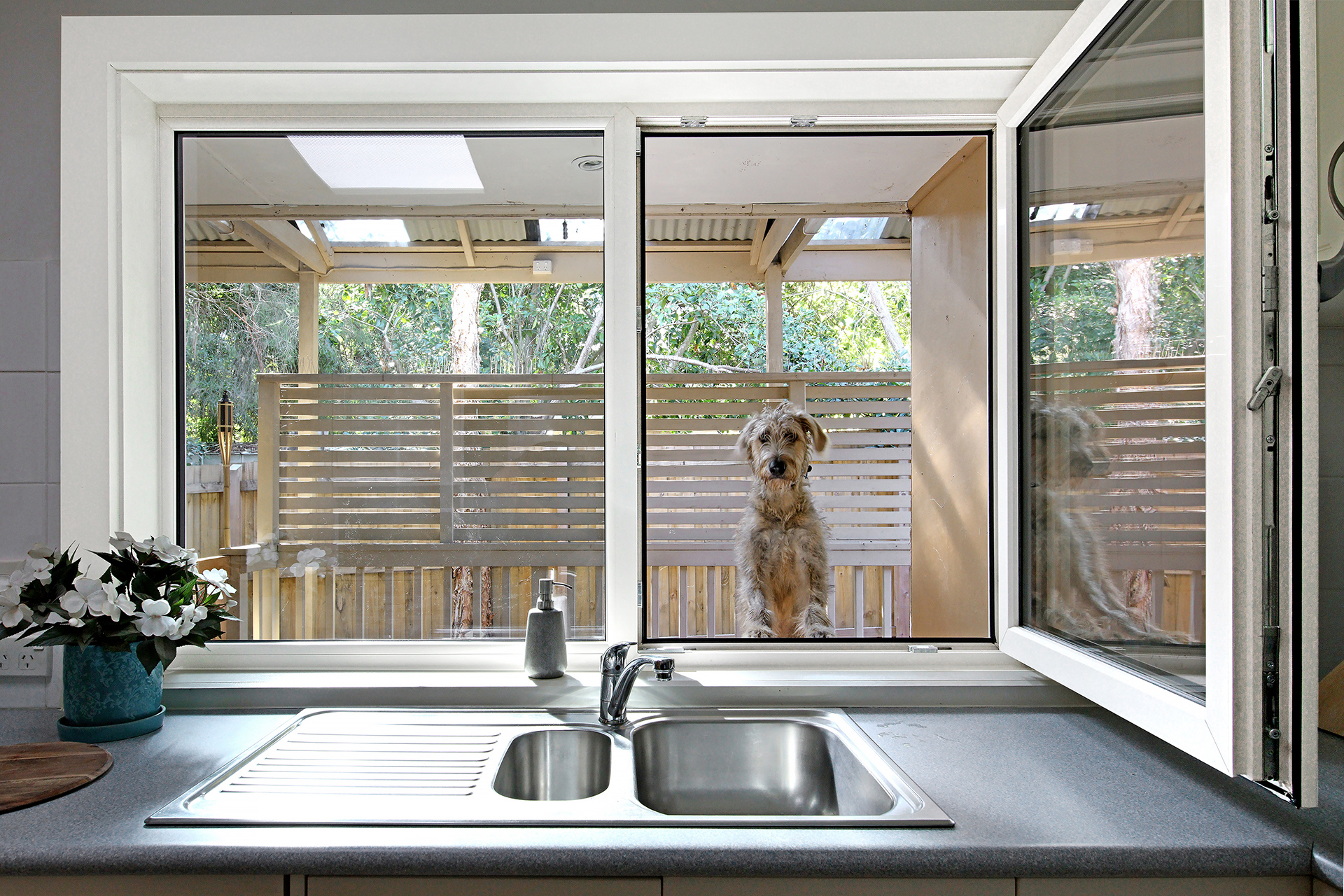All Categories
Featured
Table of Contents
4 Benefits Of Double Glazed Windows In The Summer in Ferndale WA
Laminated glass is often utilized in locations in the home most susceptible to injury from human impact such as restrooms, doors, around staircases and in locations near the floor (it fulfills the requirements of 'shatterproof glass' that is mandated for usage in these areas by Australian Basic AS 1288 Glass in structures).
Toughened glass has actually been 'tempered' by being reheated and quickly cooled again. This process makes it much more powerful than standard glass it can withstand greater impact loads prior to breaking. It likewise makes it safer since, when it does shatter, it burglarizes lots of little cubic pieces instead of dangerous fragments.
Faq in South Perth Perth
Toughened glass has no thermal or acoustic benefits over other glass of the same toning or density. Secondary glazing is where single-glazed windows are retrofitted with a transparent acrylic or glass sheet attached to the within of the frame or openable sash with a secondary frame or with magnetic strips.


Secondary glazing will not carry out as well thermally as a manufactured IGU, because it is impossible to completely seal the perimeter, however it can supply good sound control. Window films are a thin polymer movie consisting of a taking in color or reflective metal layer, with an adhesive support. They stay with your glazing to change its colour or make it reflective.
Double Glazed Windows Melbourne in Mount Lawley Perth
Applied to existing glass, some window films can halve the overall SHGC of the window by absorbing and/or showing solar radiation. This can be particularly beneficial in hotter environments where cooling is the main concern, or on east and west elevations directly exposed to long periods of sunlight. However, window movies might likewise lower visible light transmittance.

For this factor, it is typically best to use a recognized installer of window film. Frames have a considerable influence on the thermal performance of doors and windows, because energy can be gained and lost through the frame, in addition to through the glass. Different types of frame will permit different levels of heat gain and loss, so mindful option of frame is important for reliable passive style.
Enjoy Your Summer More With Double Glazed Windows in Pearsall WA
Aluminium is also a very great conductor of heat and will reduce the insulating worth of a glazing system, unless specifically crafted to minimize this. A 'thermally broken' frame is comprised of 2 aluminium sections connected by a structural insulator (normally a low-conductivity structural polymer). This 'breaks' the thermal connection through the aluminium and decreases the heat flowing through the frame.
Lumber frames are a great natural insulator that can fit some home styles. Wood frames should be made from types that have naturally high toughness or be treated to avoid decay and contortion.
Double Glazed Windows in Noranda Perth
This can result in spaces that allow air infiltration unless good draught sealing (weather condition removing) is set up. u, PVC is a type of plastic (unplasticised polyvinyl chloride, likewise called stiff PVC). u, PVC frames supply exceptional thermal performance, often better than lumber or thermally broken aluminium. u, PVC is long enduring and requires really little upkeep, and can be moulded into complex profiles that provide outstanding air seals.
u, PVC doors and windows have outstanding thermal efficiency Image: Ben Wrigley (Light Home Architecture and Science) Composite frames utilize aluminium profiles on the outer sections with either a lumber or u, PVC inner section. These combine the low maintenance and resilience of aluminium with much enhanced thermal efficiency.
Table of Contents
Latest Posts
8 Benefits Of Double Glazing To Take Advantage Of in Orelia Perth
Which Type Of Double Glazed Window Frame Is Right For You? in Ocean Reef Western Australia
Twinglaze® Double Glaze Specification Act - Vic in Inglewood WA
More
Latest Posts
8 Benefits Of Double Glazing To Take Advantage Of in Orelia Perth
Which Type Of Double Glazed Window Frame Is Right For You? in Ocean Reef Western Australia
Twinglaze® Double Glaze Specification Act - Vic in Inglewood WA